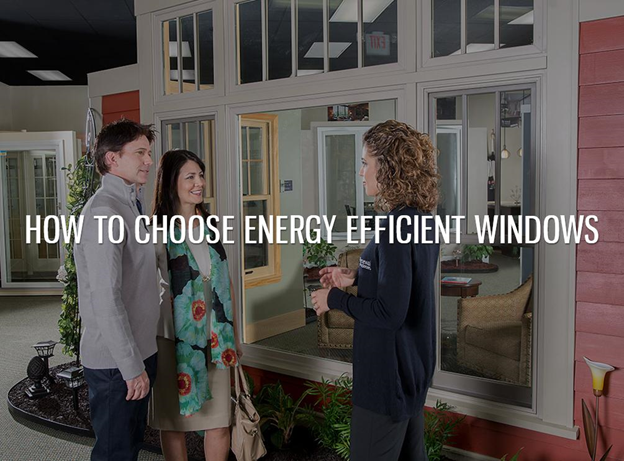Buying replacement windows can be overwhelming, given the sheer number of options available in today’s market. Almost every window company in Kansas City, MO, offers its own variation of similar materials, such as frames, glass, and hardware. So if you’re a homeowner who’s exploring their choices before committing to a purchase, it helps to know what to look for when choosing your replacement windows.
Energy-Efficient Windows
Look for the ENERGY STAR® Label
The easiest way to know if windows are energy-efficient is if they have an ENERGY STAR® label. ENERGY STAR is a voluntary program by the US Environmental Protection Agency (EPA) designed to help individuals and businesses save money while protecting our climate through certified energy-efficient products. If you see products with the ENERGY STAR label — which also includes computers and refrigerators, among other products — it means that these products can help you save on energy costs.
Know Your Climate Zone
More specifically, your climate zone as defined by the International Energy Conservation Code (IECC). The first version of the IECC was released in 1998, and it has since been adopted by almost all states. The IECC divides the country into specific climate zones, with corresponding window performance requirements, such as minimum and/or maximum required U-Factor and SHGC.
Know Your NFRC Labels
You’ve probably seen these labels on the glass of replacement windows in Kansas City. The National Fenestration Rating Council (NFRC) labels work like mini fact sheets that let buyers know the specifics of a replacement window at the point of purchase. If you know which IECC zone you’re in, you can buy windows that are tailored for your climate based on the following ratings:
U-Factor ratings fall between 0.20 and 1.20, with a lower number indicating better insulation. Homeowners in colder climates will need replacement windows with low U-Factors to reduce the need for interior heating.
Solar Heat Gain Coefficient (SHGC) is expressed as a number between 0.00 and 1.00. The lower the number, the better it is at blocking unwanted solar heat (i.e. heat that comes from direct sunlight), which is exactly what you need if you’re replacing casement windows in Kansas City that face west.
Visible Transmittance (VT) is also expressed as a number between 0.00 and 1.00, and indicates the daylighting potential of a window. You will want a higher VT if you want more sunlight in your home.
Air Leakage (AL) typically falls between 0.1 and 0.3. It measures how much air will enter a room through the product. A lower number means a lower potential for drafts. Note that this rating is optional and may not appear on some NFRC labels.
If you would like to explore other options for your replacement windows, call Renewal by Andersen® of Kansas City at (913) 956-0887 or fill out our contact form.






